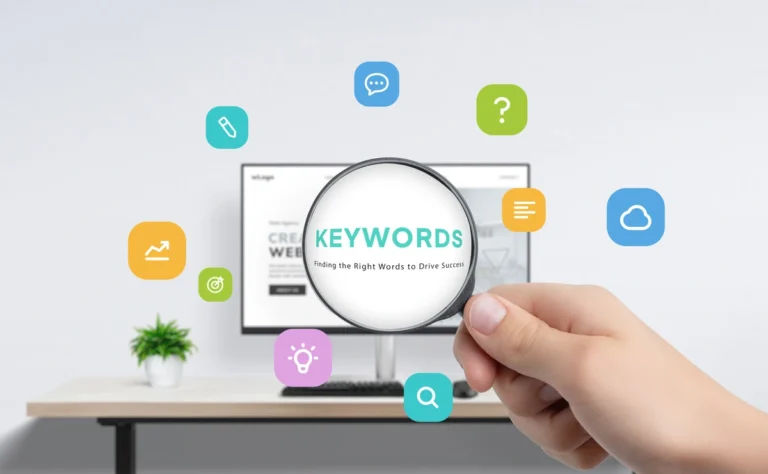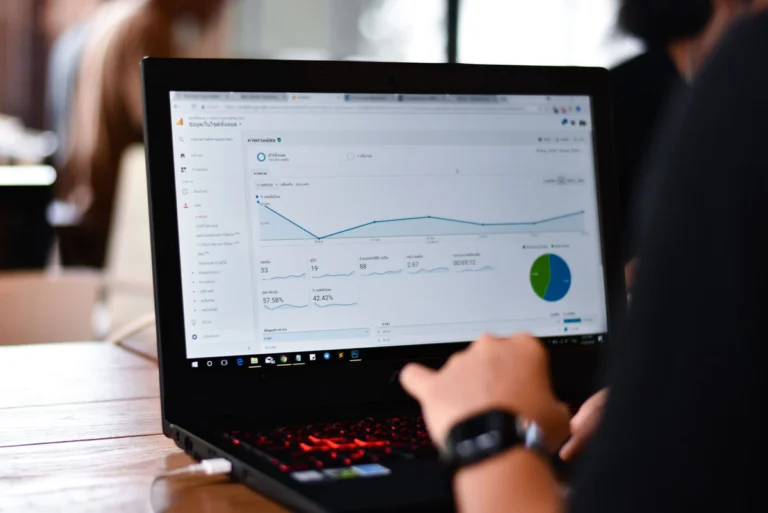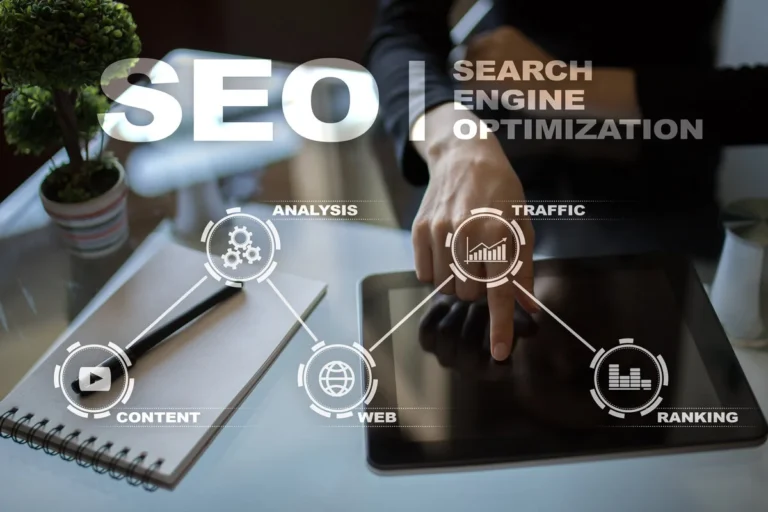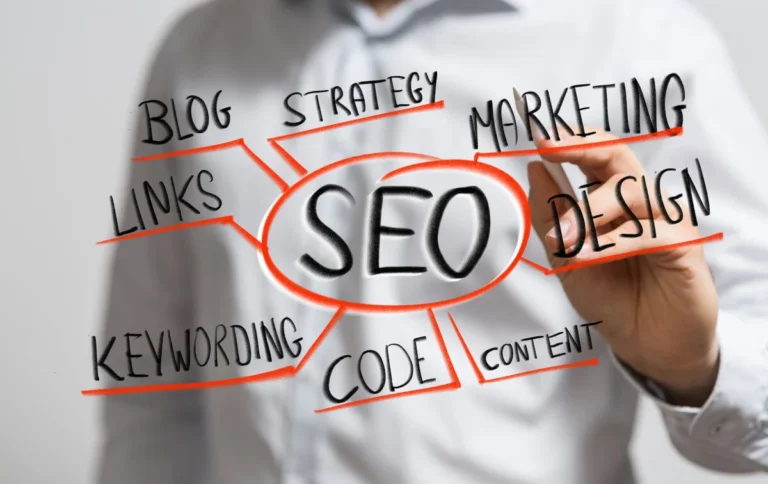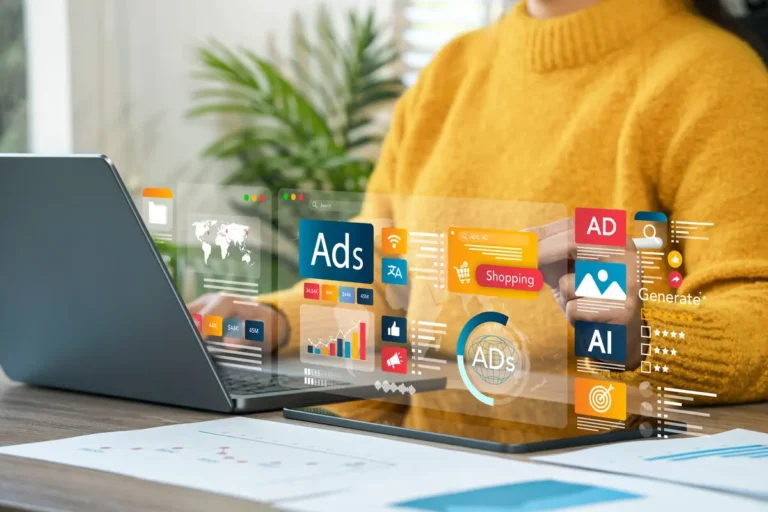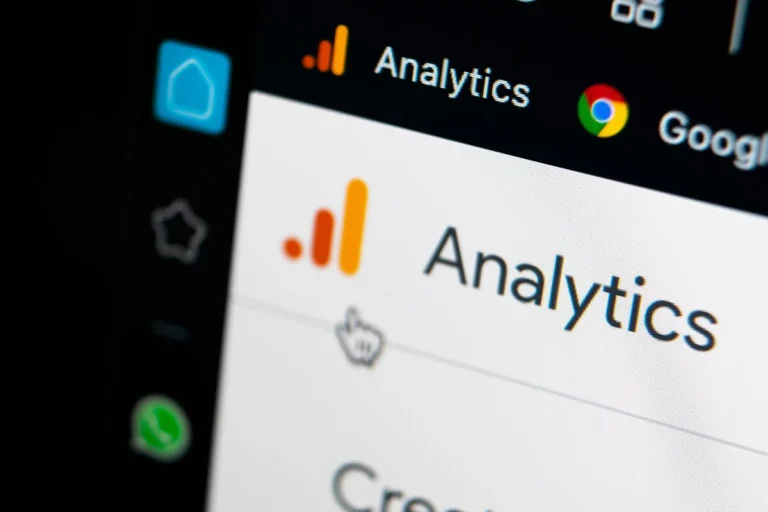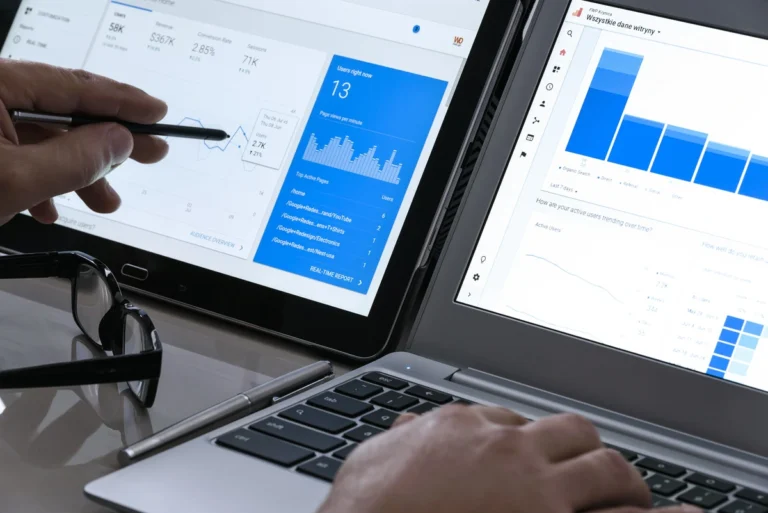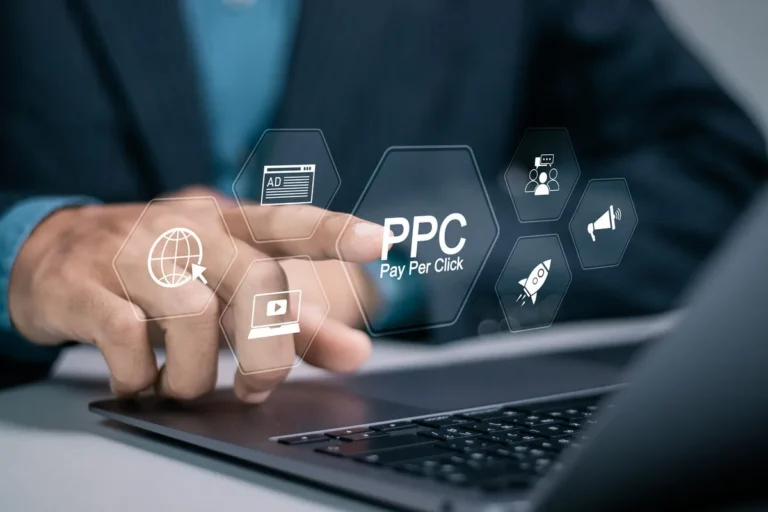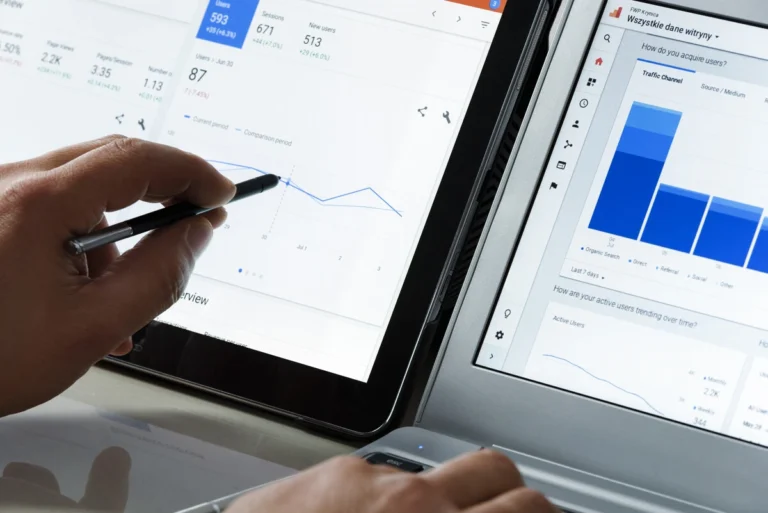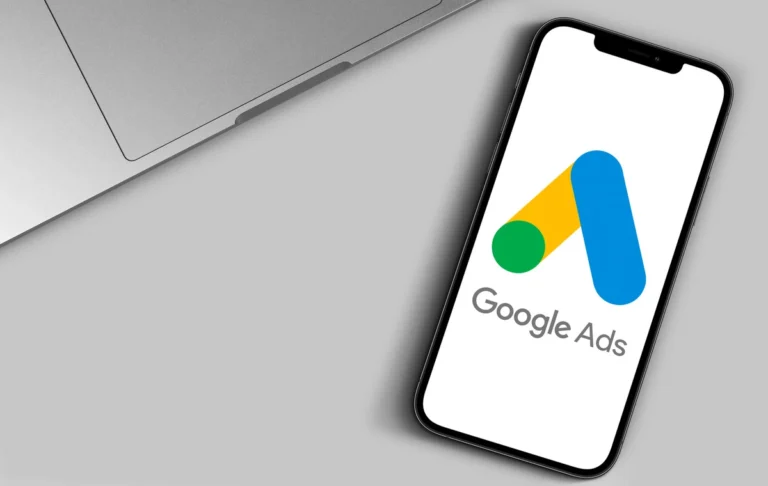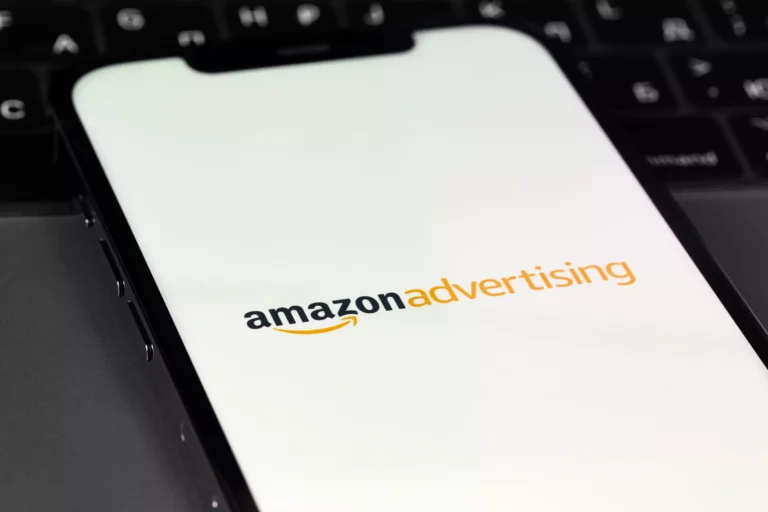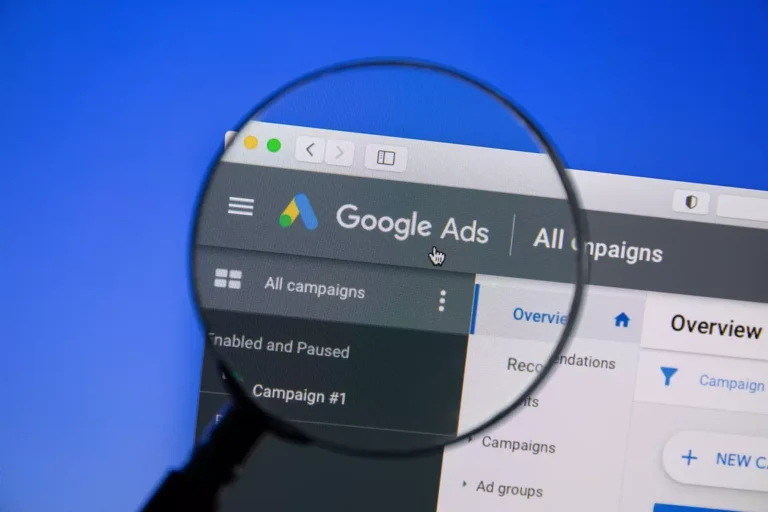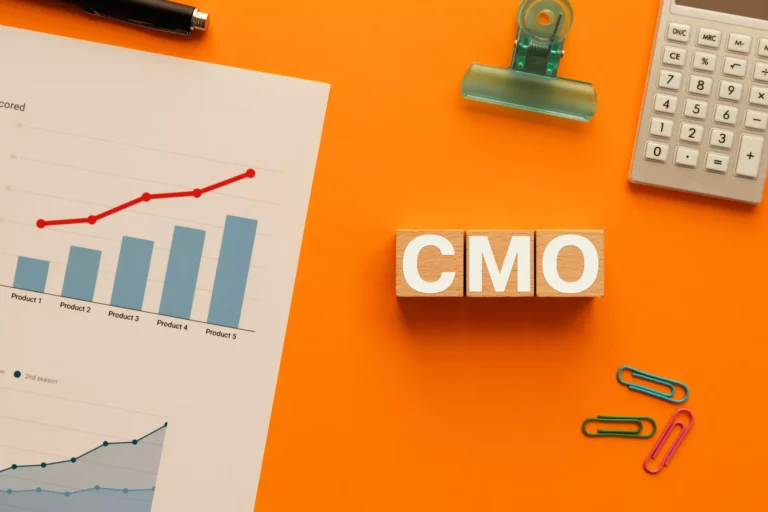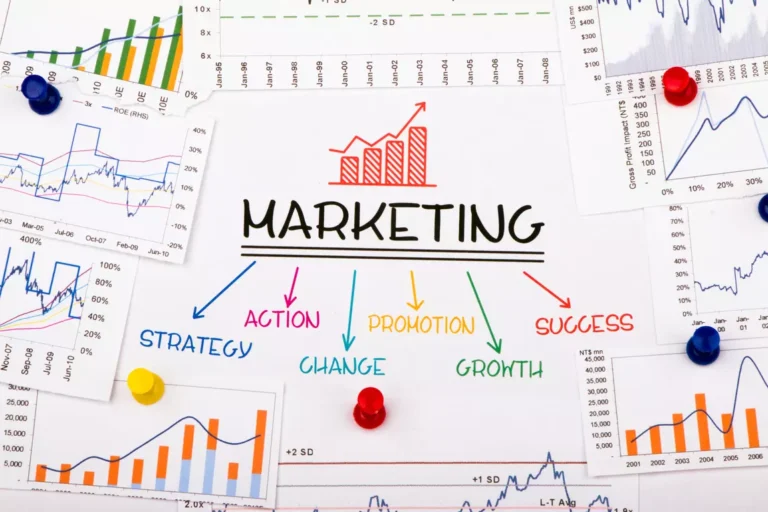What Is PPC and Examples?
Pay-per-click (PPC) marketing is a powerful digital advertising strategy used by businesses to drive traffic and conversions. The core premise of PPC is that advertisers pay a fee each time their ad is clicked, effectively buying visits to their site rather than earning them organically. PPC is an indispensable component of a company’s digital marketing arsenal, offering various ad formats to meet different business objectives.
Definition and Meaning of PPC Marketing
In simple terms, PPC refers to an online advertising model where advertisers bid on keywords relevant to their business. Ads are displayed in search engine results or on partner websites, and the advertiser incurs a cost only when a user clicks on the ad. This model ensures that advertisers get measurable returns on their investment, as they’re only paying for actual click-throughs.
Overview of PPC Campaigns
A PPC campaign involves choosing the right keywords, creating compelling ad content, and setting a budget that aligns with your business goals. Campaigns can be finely tuned based on various factors like demographics, location, and even the time of day to maximize effectiveness. Strategies often incorporate A/B testing to find the optimum mix of elements that drive the highest Return on Investment (ROI).
Common Platforms for PPC Ads
Several major platforms are popular for hosting PPC ads. Google Ads for small business is the most ubiquitous, given Google’s dominant position in search engine traffic. Bing Ads also offers a valuable alternative, with lower competition and cost-per-click (CPC). Social media platforms like Facebook, Instagram, and LinkedIn also provide robust PPC options tailored to their unique audiences.
Examples of PPC Ad Formats
PPC ads come in various formats, from straightforward text ads to more elaborate display and shopping ads. Text ads typically appear at the top of search engine results and are highly effective for targeting intent-driven queries. Display ads utilize rich media such as images or videos and are displayed across a network of partner sites. Shopping ads feature product images, prices, and store names and are invaluable for e-commerce businesses. Other formats include video ads on YouTube and carousel ads on social media platforms, each designed to meet specific marketing goals.
What Is PPC Marketing Examples?
PPC Marketing Meaning
PPC, or Pay-Per-Click, marketing is a model of internet advertising that directs traffic to websites by paying a publisher when the ad is clicked. How much should you pay for PPC? Essentially, it is a strategy where businesses pay only when their ads are clicked, offering a cost-effective way to drive targeted traffic and potential customers to their websites.
Concept of PPC Marketing
The core concept of PPC marketing is to bid for ad placements in a search engine’s sponsored links for specific keywords related to their business. Advertisers pay the search engine a small fee for each click their ad receives. Effective PPC campaigns require a well-thought-out strategy, keen keyword research, and continuous performance monitoring.
Examples from Major Brands
PPC marketing examples: Many prominent brands have mastered the art of PPC to achieve remarkable growth. For instance, Amazon frequently uses PPC to promote its vast array of products. They create targeted ads that appear on search engine results pages (SERPs) to attract potential buyers actively searching for specific items.
Airbnb is another excellent example. By tackling broad and specific travel-related keywords, Airbnb not only secures ad placements for general travel searches but also capitalizes on niche markets such as ‘unique stays’ or ‘vacation rentals.’ This approach dramatically increases their online visibility, leading to substantial growth in traffic and bookings.
Case Studies Showing Successful PPC Campaigns
HubSpot ran a highly successful PPC campaign by creating well-researched, valuable content aimed at solving common marketing problems. They used PPC ads to promote their content marketing assets, such as eBooks and webinars. This not only drove traffic but helped establish HubSpot as a thought leader in digital marketing, significantly boosting its subscriber base and customer conversion rate.
Grammarly also implemented an effective PPC strategy. They used targeted keywords and emotional triggers with ad copy that resonated with users. Combining a robust value proposition with high-quality landing pages, Grammarly significantly increased its subscription rates.
Analysis of the Elements that Made These Campaigns Work
The success of these companies PPC marketing efforts can be attributed to several key elements:
Keyword Research & Targeting: Thorough keyword research allows for the targeting of the most relevant and high-converting terms.
Compelling Ad Copy: Engaging and high-value ad copy grabs the user’s attention and encourages clicks. This involves highlighting unique selling propositions and addressing customer pain points directly.
Optimized Landing Pages: All successful PPC ads lead to landing pages that are optimized for conversions. This means the landing page must continue the ad’s promise and include clear calls to action.
Incorporating these elements into your PPC strategy can drive significant growth for your business, demonstrating PPC’s efficacy as a powerful digital marketing tool.
What Makes a Successful PPC Campaign?
A successful PPC campaign hinges on several key elements that collectively drive optimal performance and growth. Understanding the economics of PPC is crucial, as it directly impacts your return on investment (ROI) and overall campaign success.
Criteria for Success in PPC Campaigns
The first criterion is setting clear, measurable goals. Whether aiming to increase website traffic, boost sales, or enhance brand visibility, defining these goals sharpens your campaign focus. Achieving alignment with business objectives ensures that every dollar spent contributes towards measurable growth.
Next is understanding and leveraging the PPC economics. This involves meticulously calculating your bids, budget, and cost-per-click (CPC) while aiming for the highest possible return on ad spend (ROAS). Employing a data-driven approach to optimize spending can spell the difference between an average campaign and a highly successful one.
Importance of Keywords and Targeting
Effective use of keywords and precise targeting form the backbone of any successful PPC campaign. The relevance of chosen keywords directly influences ad exposure and clicks. Conduct in-depth keyword research to identify terms your target audience frequently uses. Utilize negative keywords to filter out irrelevant traffic, ensuring your budget is spent where it matters most.
Targeting is not just about choosing the right keywords but also involves segmenting the audience based on demographics, interests, and behavior. Platforms like Google Ads and Facebook Ads offer robust targeting options, allowing you to hone in on your potential customers with surgical precision. The more refined your targeting, the better your conversion rates and overall campaign success.
Role of Ad Quality and Relevance
The quality and relevance of your ads are pivotal. High-quality ads, characterized by compelling copy and eye-catching visuals, draw attention and encourage engagement. Your ads should answer the searcher’s intent while providing a clear call to action (CTA). Ad relevance, enhanced through alignment with user queries and ad extensions, can significantly boost your Quality Score on platforms like Google Ads, leading to lower CPCs and higher ad placements.
Measuring ROI and Performance
Monitoring and measuring performance is critical. Regularly analyze key metrics such as click-through rate (CTR), conversion rate, and cost per acquisition (CPA) to gauge your campaign’s effectiveness. Employ tools like Google Analytics and built-in reporting features of ad platforms to track and interpret data. This continuous performance assessment helps identify areas for improvement and guides strategic adjustments to enhance outcomes.
In conclusion, understanding the economics of PPC, strategic keyword use, precise targeting, high-quality ad creation, and performance measurement are the pillars of a successful PPC campaign. By adhering to these principles, businesses can achieve sustained growth and maximize their advertising investment.
Which of the Following Is an Example of PPC?
Illustrative Examples of PPC Campaigns
Organizations keen on achieving rapid growth often turn to PPC ads owing to their expansive reach and immediate results. But what distinguishes an effective PPC campaign from the myriad other digital marketing strategies?
Google Ads serves as the quintessential example. When a user searches for a term on Google, the top results often display paid ads marked with a ‘Sponsored’ or ‘Ad’ tag. These campaigns are targeted using specific keywords related to the user’s query. For instance, a tech company might target “best cloud solutions” to reach businesses seeking cloud services.
Comparison with Other Types of Digital Marketing
Understanding PPC necessitates distinguishing it from other forms of digital marketing. While content marketing focuses on creating valuable content to inform or entertain an audience, PPC is straightforward advertising with immediate visibility.
For example, consider a fitness brand. Through content marketing, they might publish insightful blog posts about balanced diets. Meanwhile, their PPC campaign could display ads to users searching for “best protein supplements,” ensuring their product appears at the top of search results instantly.
Explanation of How PPC Differs from Content and Affiliate Marketing
The primary difference between PPC and other strategies lies in its immediacy and cost per click. In affiliate marketing, affiliates promote products on their channels and earn a commission upon sale. PPC requires advertisers to pay only when someone clicks on their ad, making it more direct and measurable.
Examples of PPC Ads in Different Industries
PPC is versatile across industries. In retail, brands like Amazon utilize PPC to dominate product search results. Meanwhile, in the travel industry, companies such as Expedia leverage PPC to attract tourists looking for flights and accommodations. Even in niche markets, local service providers like plumbers or electricians benefit from targeting specific geographic locations with precise keyword bids.
Leveraging the dynamic nature of PPC, businesses can ensure their ads reach the right audience at the right time. To amplify your marketing efforts, partner with Bohu Digital, where we harness algorithm-driven campaigns and CRM data integration to elevate your growth. Start with a complimentary consultation to see how we can propel your brand to new heights.
Kick-start your journey with Bohu Digital by scheduling a free consultation today.









